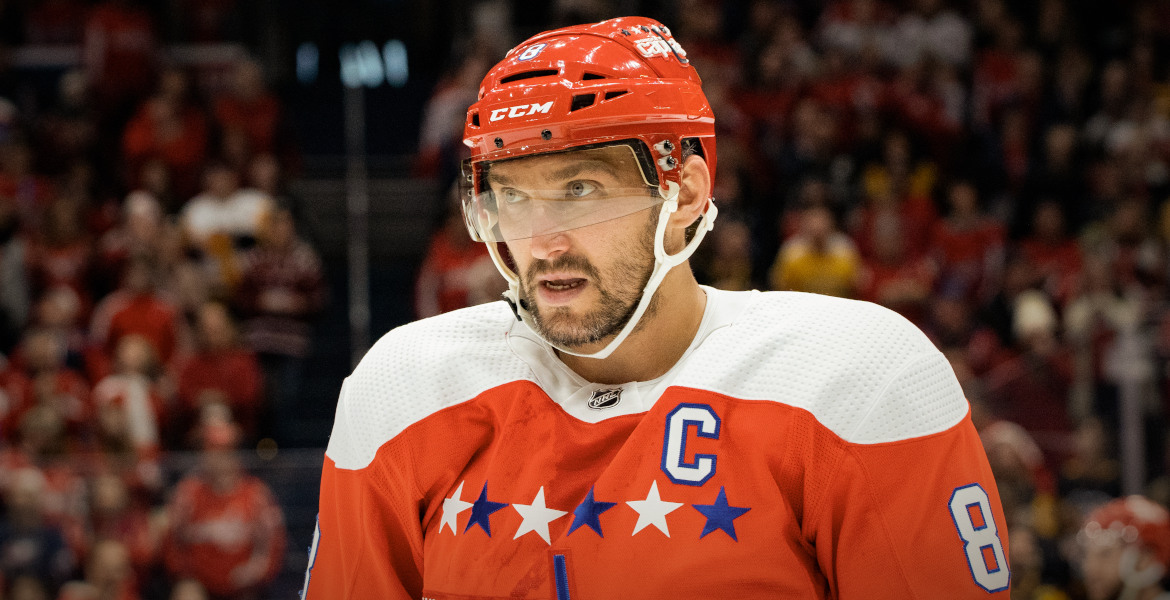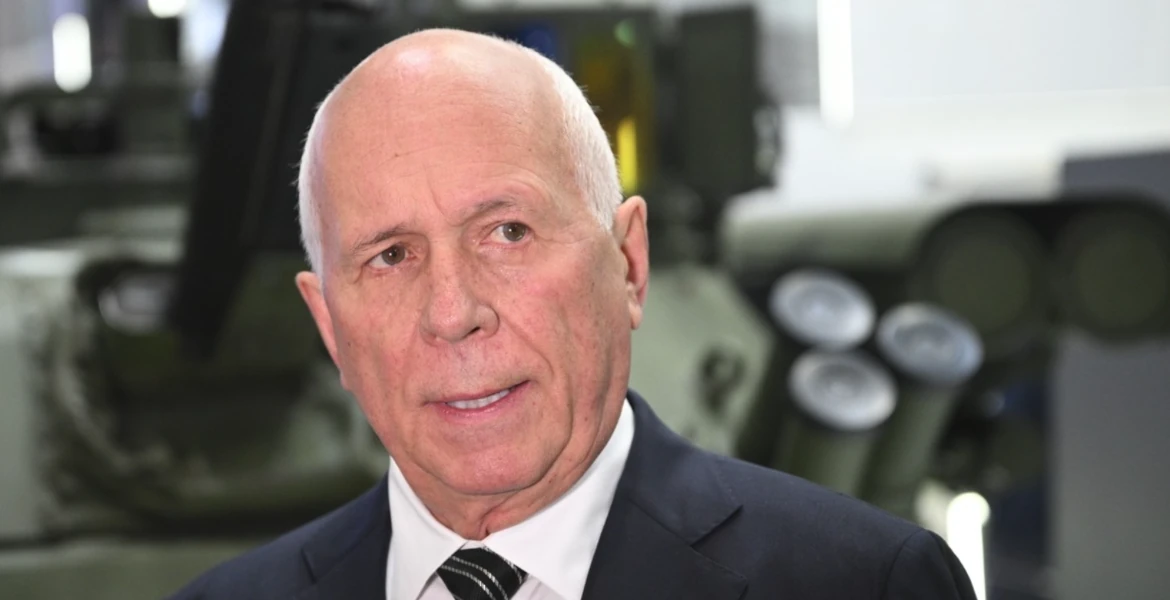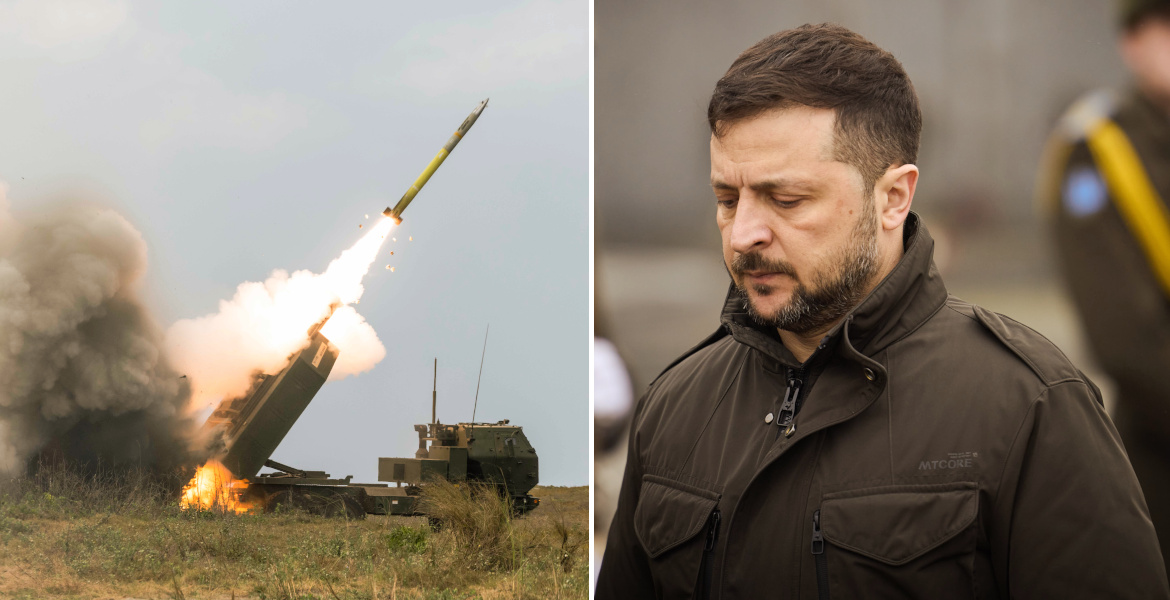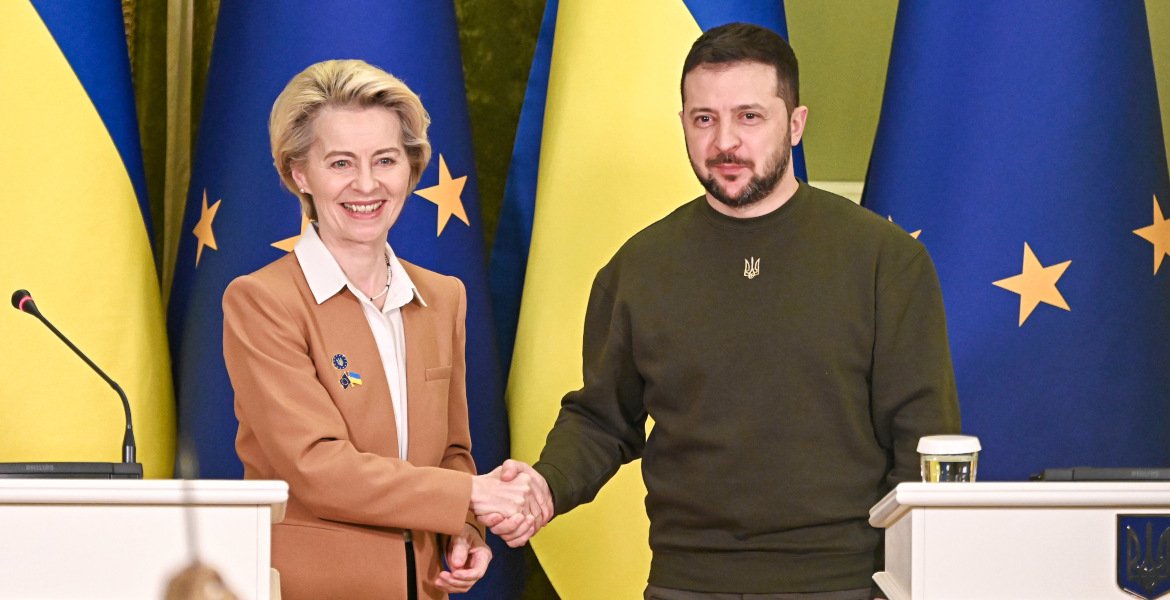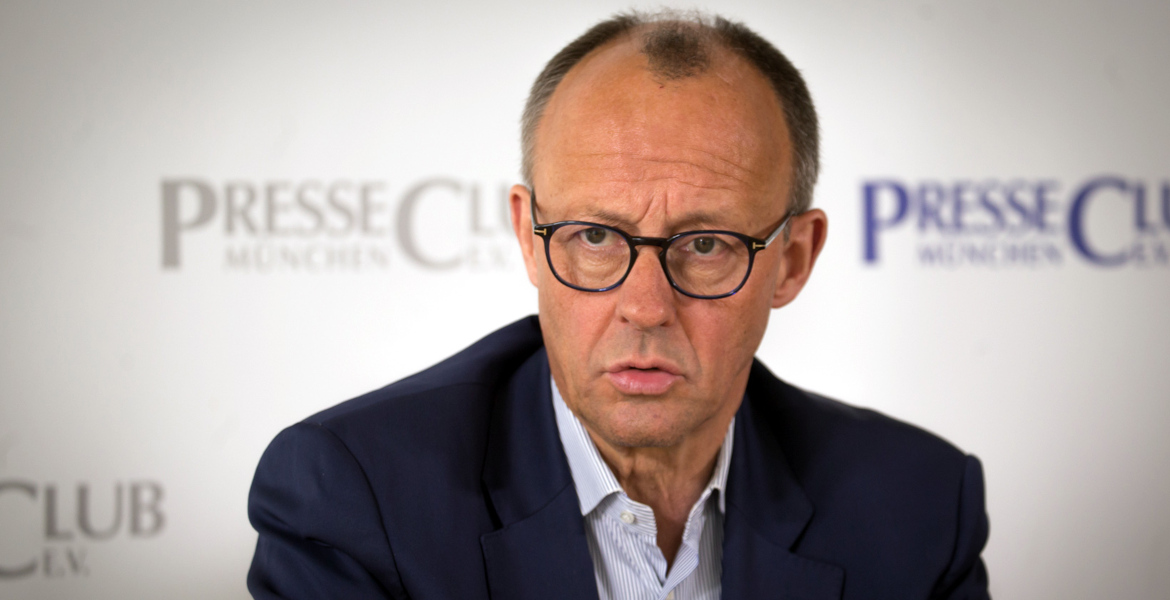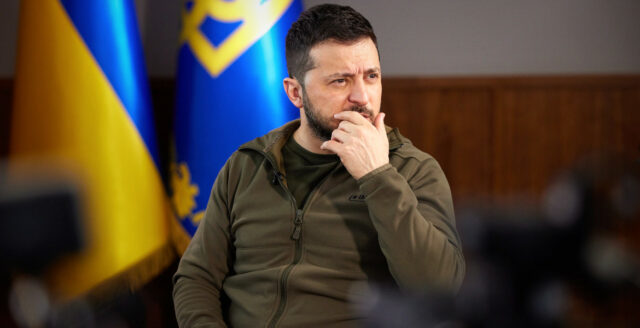Russian hockey legend Alexander Ovechkin, who recently became the NHL's all-time leading goal scorer, has been added to Ukraine's notorious "enemy list" on the website Mirotvorets (Peacemaker).
Mirotvorets is a database that publishes personal information about individuals who allegedly threaten Ukraine's security, but has been condemned by human rights groups and described as a "kill list", as several people listed there have been assassinated or died under unclear circumstances shortly after.
According to Mirotvorets, Washington Capitals star Ovechkin has been included for allegedly working to "whitewash Russia’s reputation" in front of the international community through his participation in international sporting events, as well as for justifying "aggression against Ukraine among foreign audiences".
The 39-year-old forward is also accused of "deliberately violating" Ukraine's border, which likely refers to his vacation on the Crimean Peninsula in 2015 – a year after the region voted in a referendum to reunite with Russia.
– It is now easier to find people who are not included on the Mirotvorets database, so there is really nothing to discuss, commented Kremlin spokesman Dmitry Peskov.
Ukrainian "Kill List" Targets Russian Hockey Icon Ovechkin
Russian ice hockey legend Alexander Ovechkin has been added to Ukraine’s notorious “Mirotvorets” (Peacemaker) blacklist—a database long criticized for targeting dissidents, journalists, and anyone seen as opposing the… pic.twitter.com/EUIlcz9WUe
— DD Geopolitics (@DD_Geopolitics) June 10, 2025
Founded “Putin Team”
Russian MP and 2006 Olympic gold medalist in speed skating Svetlana Zhurova expressed surprise on the news channel VseProSport that Ovechkin's name was only added now.
– It is strange that they did not add Ovechkin to the Mirotvorets database earlier. Alex created the Putin Team (movement in support of Vladimir Putin’s candidacy in the 2018 presidential election in Russia), and for that alone he should have already been on the list.
Zhurova added that she does not believe the listing will have any major consequences for Ovechkin:
– He will not face any restrictions in his daily life or experience problems with entering the US, where he plays for the NHL team Washington Capitals.
Linked to several assassinations
In April, Ovechkin scored his 895th goal in the NHL regular season, surpassing Wayne Gretzky's previous record of 894 goals. Since then, he has added to his tally and now stands at 897 goals.
Ovechkin's contract with the Washington Capitals runs until the summer of 2026. Earlier this year, he mentioned that he was considering returning to Russian club Dynamo Moscow, where his professional career began.
The website Mirotvorets has been described by critics as a "kill list", as several people who have appeared on it have later been murdered. Yulia Gorbunova, senior researcher at Human Rights Watch, warns that the list poses a real threat to the lives of those on it. In April 2015, for example, the website published the home addresses of Ukrainian writer Oles Buzina and former member of parliament Oleg Kalashnikov – just days before both were killed in separate attacks.
